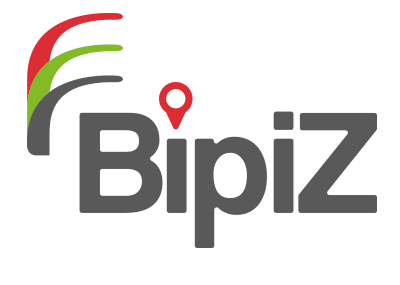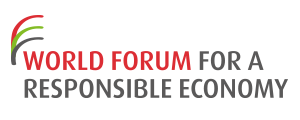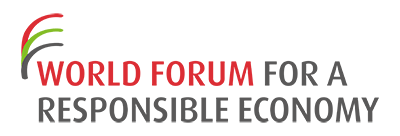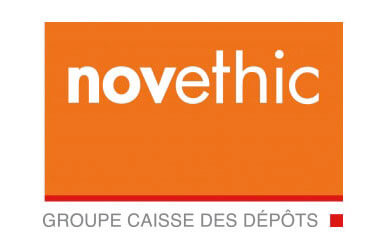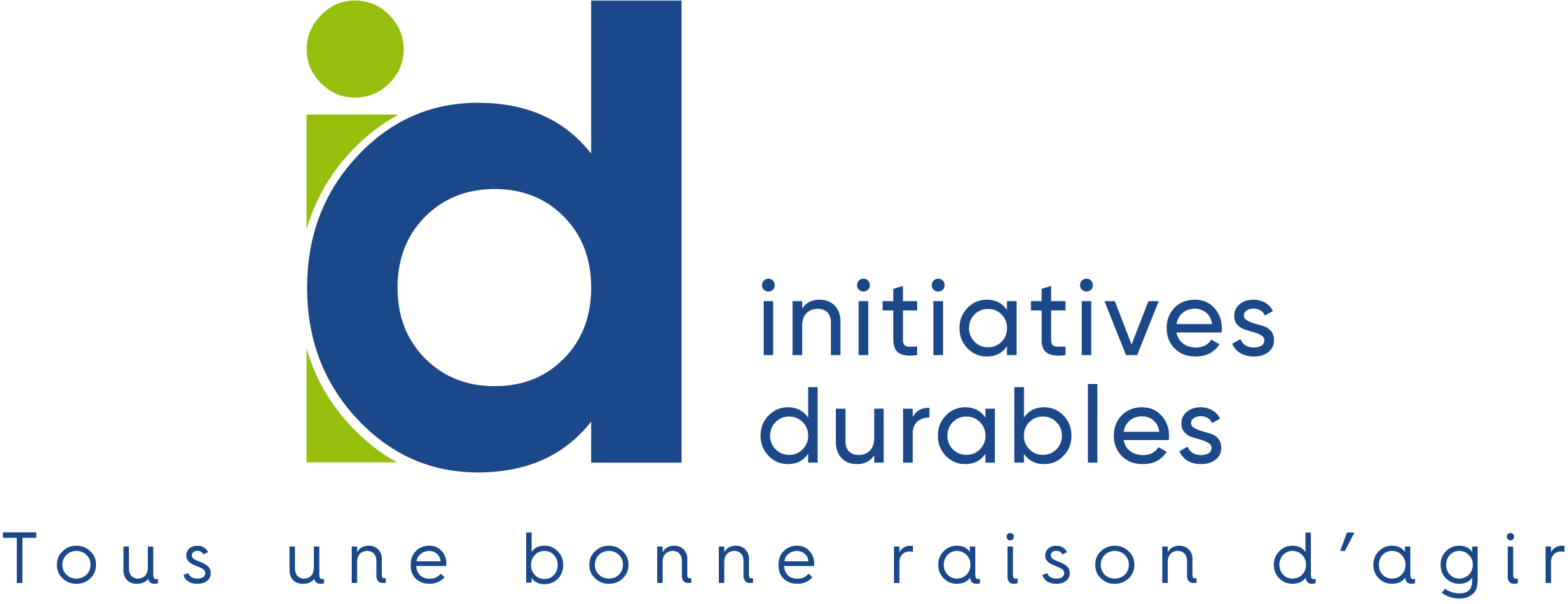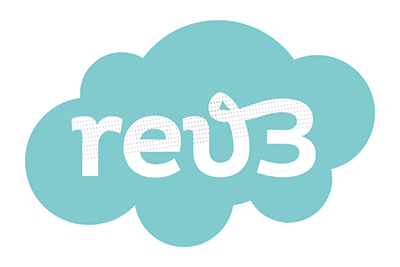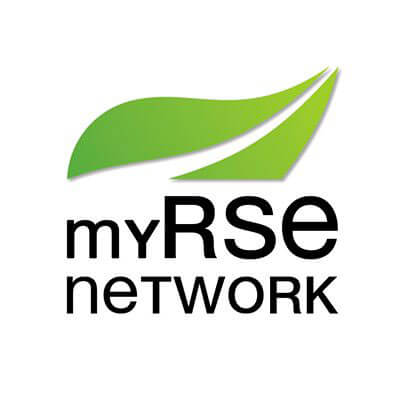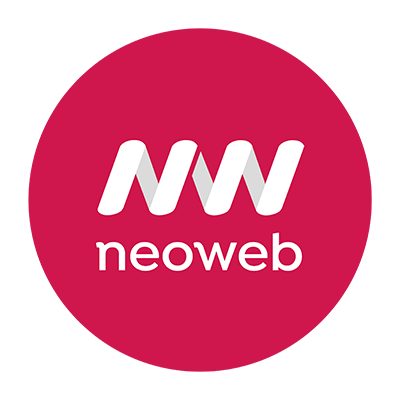The company's founder, Yvon Chouinard, is a legendary rock climber and mountaineer. In 1957, he hand forged re-usable pitons for rock climbing as a means to support himself. Today, his company operates a small number of free-standing Patagonia stores in the U.S. and abroad, and sells its line through roughly 1,200 dealers in the U.S., Europe, and Japan. Their sportswear is produced with 100% organic cotton and 45% of their textile line is made with recycled materials. The company is rare in its intense dedication to environmental preservation. Their Reno, Nevada distribution center was built completely with recycled materials and uses solar energy as well as radiant heating. Their employees benefit from self-service bicycles, an organic food cafeteria, child care services, and paid holidays for volunteer work with an environmental association. Patagonia has also created the 1% Club where since its creation in 2001, 1,235 companies in 35 countries each give one percent of all sales to environmental groups yearly. The company is privately held, with only three stockholders--founder Yvon Chouinard, his wife, Malinda, and former Patagonia general manager Kris McDivitt Tompkins.
“Build the best product, cause no unnecessary harm, use business to inspire and implement solutions to the environmental crisis,” is Patagonia’s mission statement. In order to help achieve this mission, Patagonia has created The Footprint Chronicles; an interactive website which allows the consumer to track the ecological impact of a specific Patagonia product from design through delivery.
